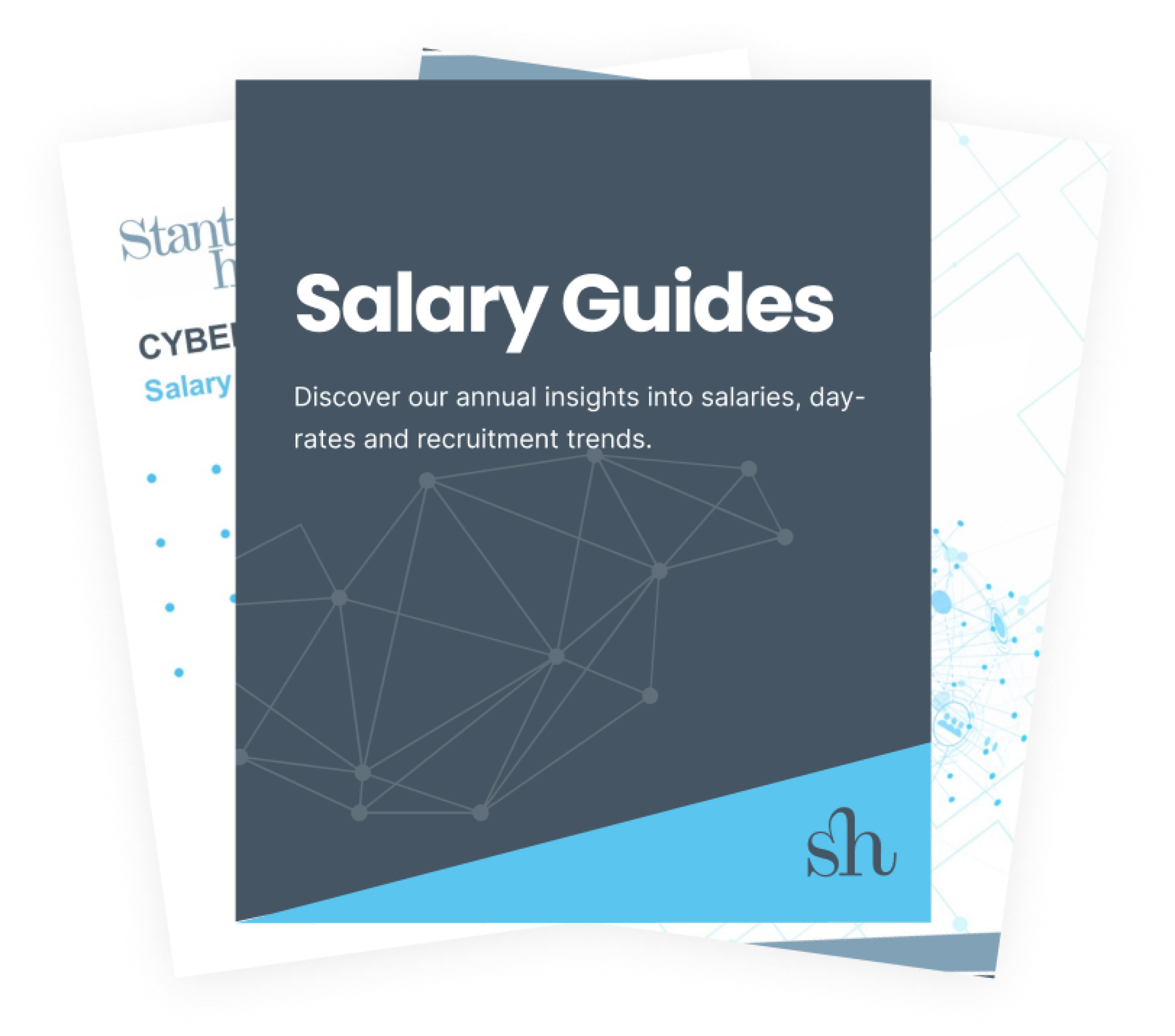

Resilience and Evolution: 5 Trends in Senior Finance Recruitment
So far this year, the jobs market for Accountancy and Finance professionals has been one of continued evolution. Although we still operate amidst political and economic uncertainty the strong start to the year shows the resilience and adaptability of the profession.
The demand for flexibility, the quest for work-life balance, and financial stability continue to shape the decisions of both professionals and employers.
Organisations that can adapt to changing macroeconomic dynamics will not only attract top talent but also foster a workplace culture that reflects the values and expectations of the workforce for years to come.
In this blog, I will pick out five trends that are currently shaping the employment landscape for qualified Finance professionals.
1. Agile Workforce Strategies In Response to Economic Uncertainty
Economic instability and disruptive forces are significant catalysts for transformation and provide a chance for organisations to reconsider not just the methods of accomplishing tasks but also the individuals involved.
Engaging the contingent workforce provides access to specialised skill sets that can be harnessed on a need-by-need basis. When integrated with permanent staff, this approach ensures the development of a workforce that is both dependable and highly adaptable.
Top takeaway: Finance teams that strike the right balance between permanent and interim resources will be in the best position to respond quickly to external challenges.
2. Impact of Interest Rates: Continued Focus On Cost
Cost saving remains high on the agenda in response to the economic turbulence of recent years. Many organisations are undergoing restructuring initiatives to enhance operational efficiency and adapt to evolving market conditions.
And with interest rates unlikely to fall until the second half of the year, employers remain cautious even though the demand for talent will be as competitive as ever. This scenario can impact decision-making, particularly for businesses that will weigh up the costs of talent acquisition against the backdrop of projected interest rate trends. It will add a layer of complexity to financial planning and recruitment strategies.
Top takeaway: While employers are expecting a greater return on their investment in terms of the value and skills candidates bring, they must nevertheless have a robust attraction and retention strategy given the ongoing competition for talent.
3. Base Salary Prevails Amid Economic Uncertainty
The economic uncertainties of recent years have shifted candidates’ priorities. Where bonuses and shares were once key considerations, jobseekers now place greater importance on the stability provided by a competitive remuneration package.
Top takeaway: Base salary has become a primary driver for candidates, reflecting a desire for financial security in an unpredictable jobs market.
4.Innovative Benefits Packages: Beyond The Basics
Employers are revamping their benefits packages to bolster their Employee Value Propositions (EVPs). Traditional perks are no longer enough. Companies will have to get creative to stand out.
Examples include tenancy deposit loans to help employees with increasingly expensive rental costs and earned wage access (EWA) or ‘pay on demand’ solutions allowing workers to access their money when they need it.
Top takeaway: Initiatives that address financial and mental well-being, demonstrating a commitment to supporting employees in meaningful ways, will boost talent attraction and retention outcomes.
Download Our Salary Guide
Accountancy and Finance candidates and the employers hiring them always ask for our advice when it comes to compensation. With deep specialism and market knowledge across different industry sectors, we are in a strong position to provide day-rate, FTC and permanent salary guidance, for different qualified finance roles, across the UK.
Download your copy of our salary guide and discover complete coverage of all the key job roles and rates, which you can use as a benchmarking tool to ensure you offer the right level of compensation to compete in the marketplace. We look forward to continuing this conversation with you and supporting you with your professional career or hiring needs.

















